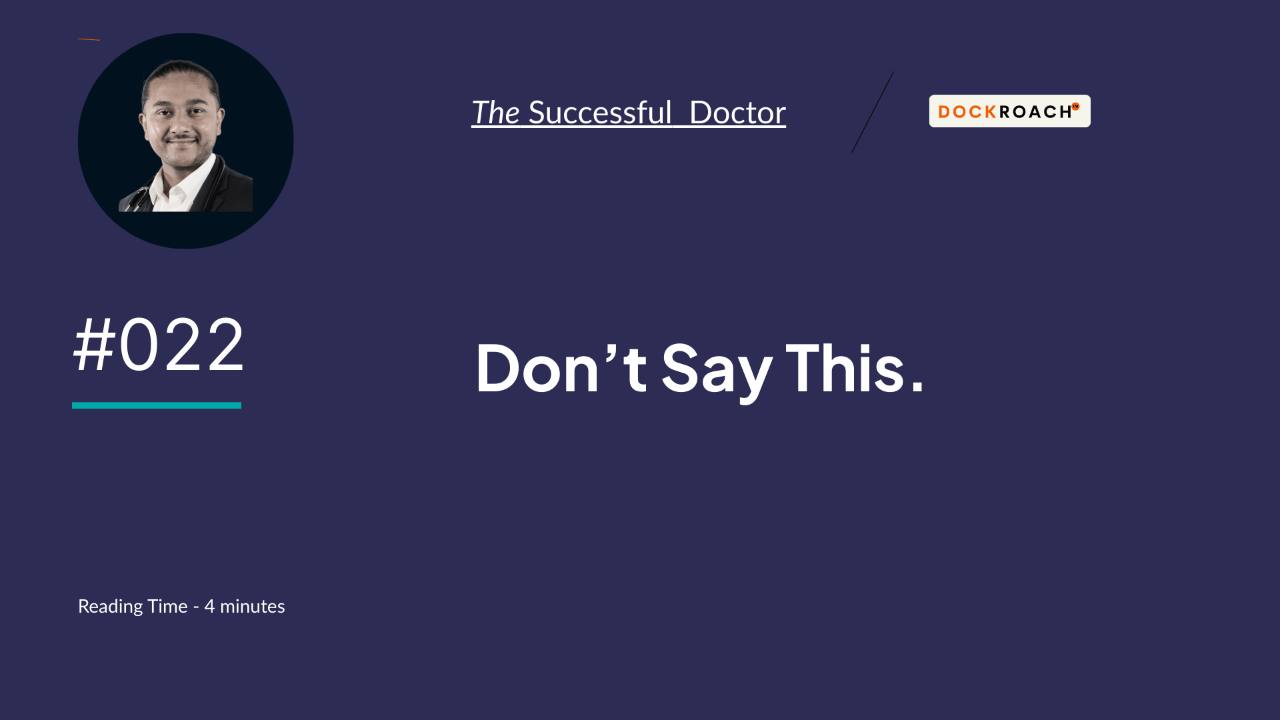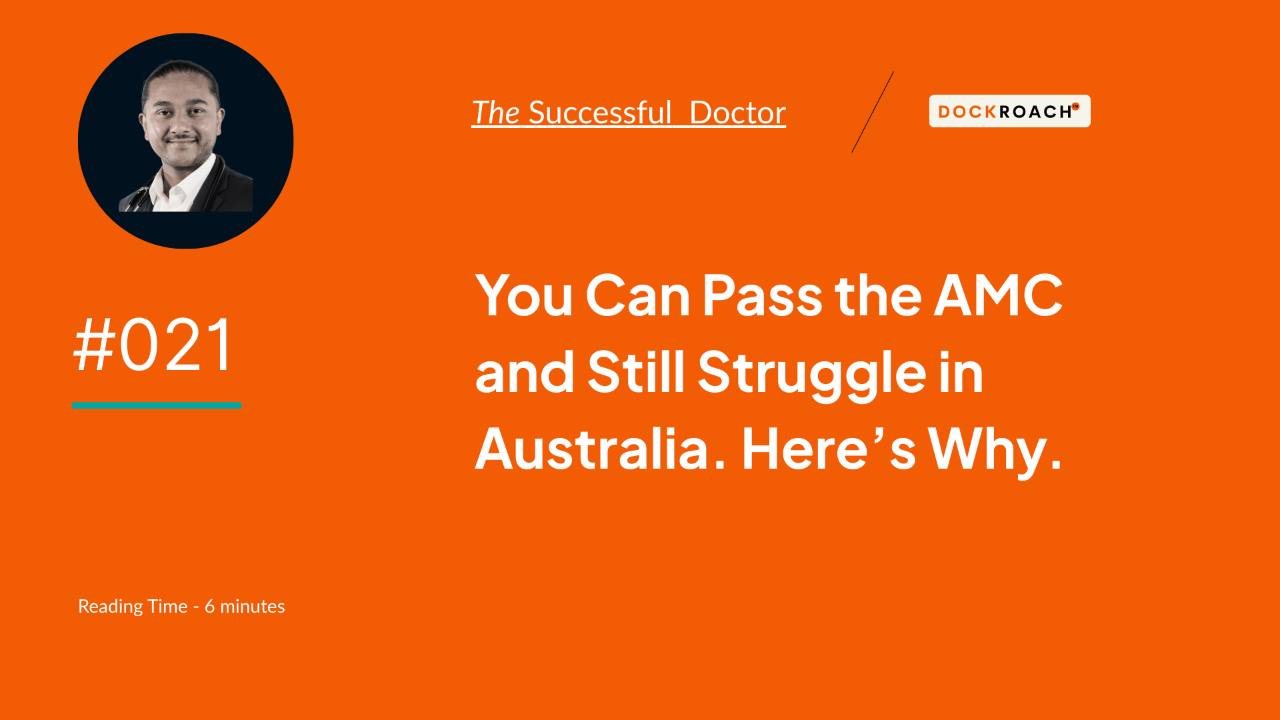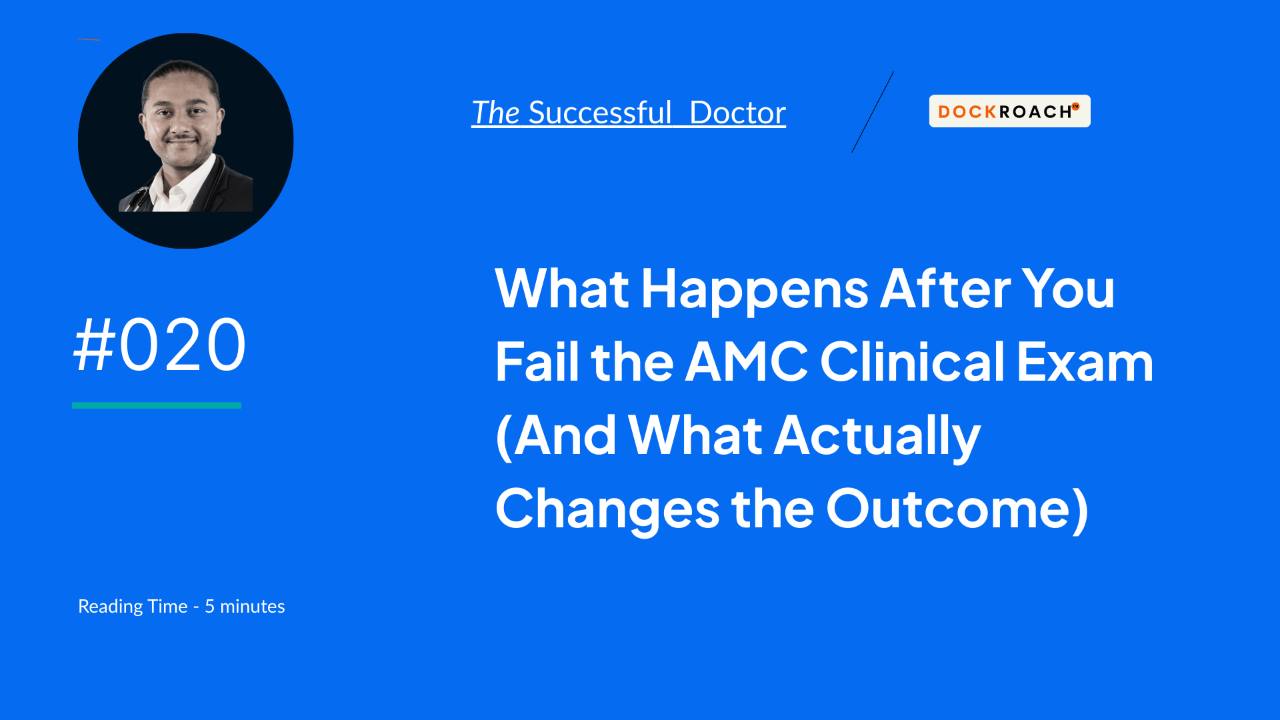Why Bridging Courses Won’t Get You Across the Line (and What Will)
Read time: 4 minutes
Most IMGs preparing for the AMC Clinical Exam spend thousands on bridging courses.🤯
Long intense hours of theory.
A handful of role plays.
Lots of notes.
Yet… the pass rate remains painfully low (~24%).
Here’s the truth: bridging courses are not designed for passing an 8-minute performance exam.
They’re designed to deliver information.
And in the AMC Clinical Exam, information alone won’t save you.
Every extra attempt at the AMC Clinical Exam costs thousands of dollars (A$3,000 to be exact) — not to mention the delay in your career progression and income.
If you’ve ever walked out of a course still feeling unprepared for real stations, you’re not alone.
The gap is this: success depends on structured practice under exam conditions.
Without it, clinical candidates freeze, run out of time, or stumble in the last task — even though they “know the content.”
Here's what we've found time and time again:
-
They sit through hours of theory, mistaking it for exam readiness.
-
They get only a few role play opportunities, never enough to build fluency.
-
Feedback is generic, not tailored to the candidate.
-
Courses often include procedures irrelevant to the AMC Clinical Exam.
-
Once the course ends, they’re left alone, without community or support.
Passing the AMC Clinical Exam requires 'Role Play' practice, not just theory.
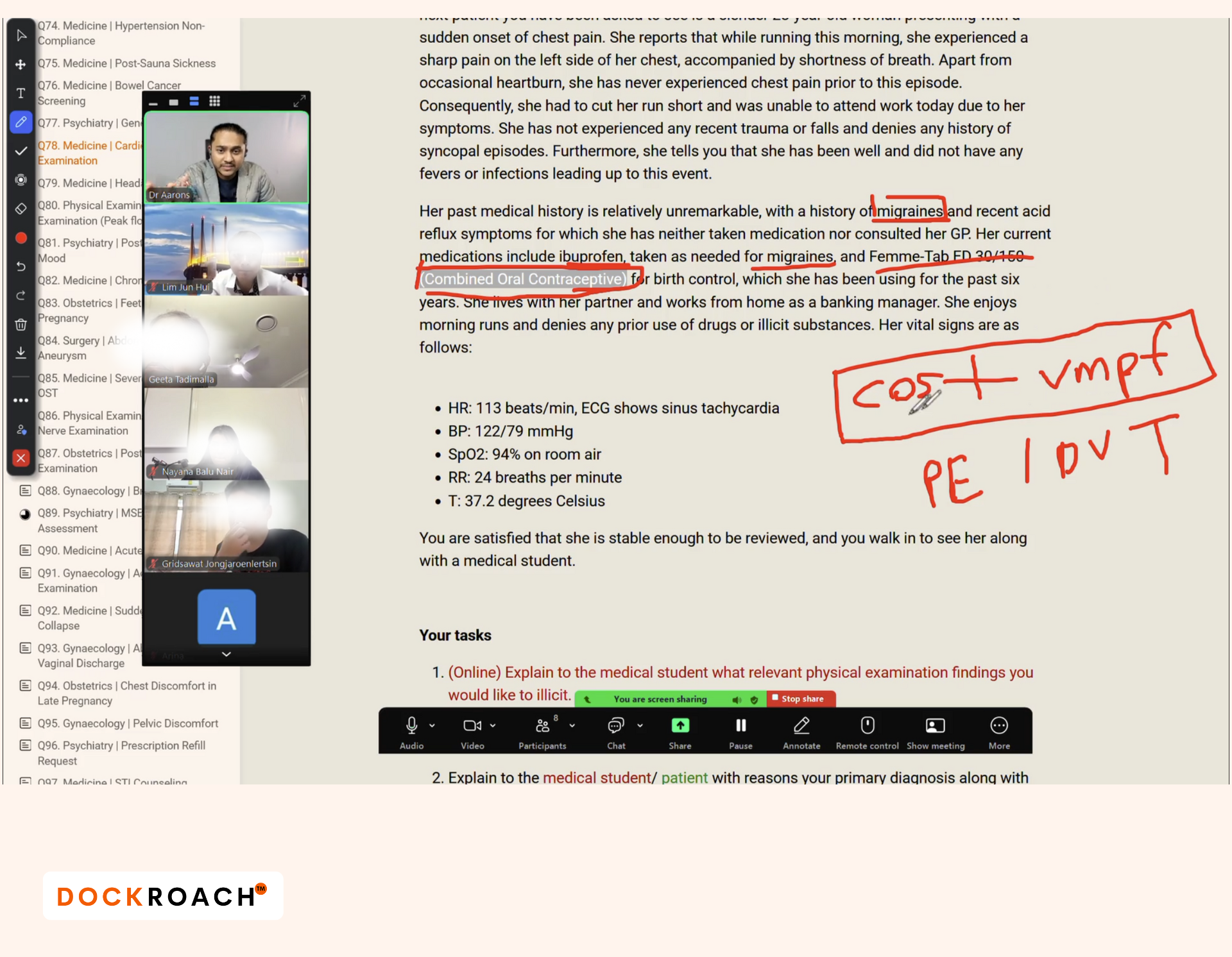
From my journey as a bridging course tutor to now coaching IMGs, advising the AMC, designing questions for DockRoach, and having scored at the top myself, here’s how I see this subject.
The 5 Status Quo Gaps — and How the Accelerator Solves Them
-
Theory Overload
Bridging courses = endless lectures.
Accelerator = frameworks (i.e. 7Q–3D, 6C) + applied role plays. -
Limited Role Play Practice
In-class spots are few.
Accelerator = 100+ exam scenarios, repeatable daily planner, at your own pace. -
No Tailored Feedback
Generic comments leave doubts.
Accelerator = examiner checklists, structured sample dialogues, clear next steps. -
Irrelevant Content
Procedures like suturing or venepuncture aren’t tested.
Accelerator = only what scores in 8-minute stations. -
Isolation After the Course
No follow-up, no support.
Accelerator = ongoing system 1-year access, life-time community, and coaching cues to keep momentum.
My Story as an AMC Candidate
When I sat through a bridging course back in 2019, I kept chasing tutors for the “magic pill.”
Their answer? Always the same:
“Just do as many role plays as possible.”
At first, I thought they were joking. Then I lived it.
When I ramped up to 25 role plays a day, a few weeks before my exam, everything changed.
Confidence grew. Anxiety dropped. My timing became precise. That’s what got me across the passing line.
Today, the AMC Clinical Accelerator is built on that truth:
more role plays = more competence = less self-doubt.
“An ounce of practice is worth more than tons of preaching.”
— Mahatma Gandhi
My Advice to You
If you feel your theory is weak and you truly need to refresh it, then yes — a bridging course can help patch those gaps.
But be clear: updating theory alone will not guarantee you a pass.
What makes the tangible difference is this:
-
Go straight to the end goal. Understand what an 8-minute performance needs to look like.
-
Work directly on exam scenarios. Role play them. Over and over. Use structured answers — like in the AMC Clinical Accelerator — so you’re targeting your weaknesses immediately.
-
Get your rhythm right. Once you can consistently run a station in 8 minutes, keep practicing and gradually increase the volume of role plays.
This is the path that consistently transforms candidates from anxious and scattered… to calm, confident, and precise under pressure.
And here’s what I’ve seen again and again with my own clients: those who passed told me the same thing afterward —
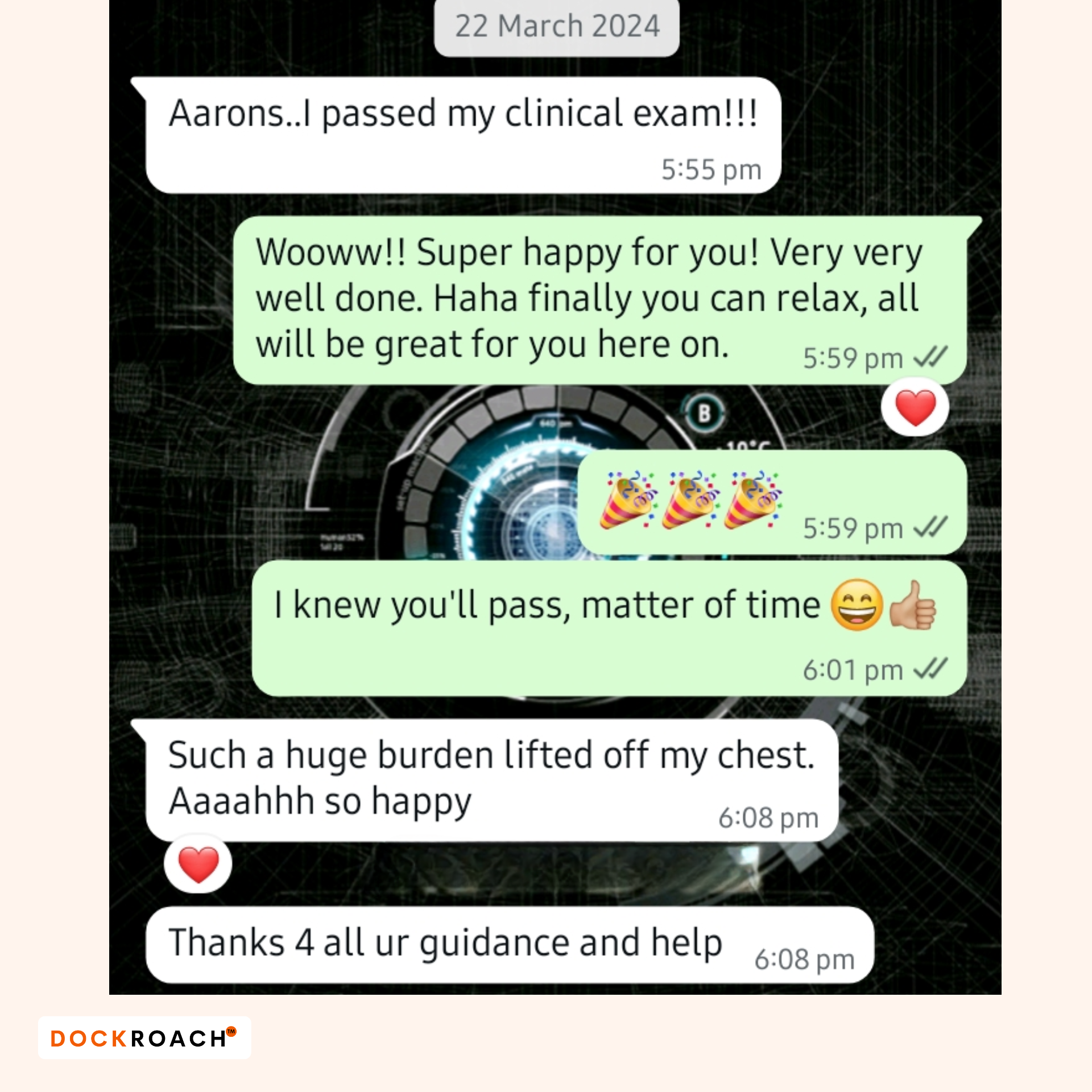
“What made the difference was the sheer number of role plays I practiced until it became second nature.”
So, if you’re doubting yourself right now, let me reassure you: you already have what it takes to pass this exam.
With the right structure and enough role plays, you can make it happen.
Think of this less as exam prep, and more as personal development — training yourself to stay calm, clear, and professional in the toughest of moments.
That’s a skill you’ll carry well beyond the exam.
Quick Recap
-
Bridging courses deliver theory; the exam demands performance.
-
Status quo: passive learning, limited practice, irrelevant skills, post-course isolation.
-
Accelerator: structured role play system, 8 - minutes scoring frameworks, examiner feedback, ongoing support.
-
Role plays = confidence, control, and passes.
What would a 10x jump in your exam performance mean for you?
The AMC Clinical Accelerator gives you 100+ expertly structured scenarios for role plays — each with full patient profiles, examiner checklists, sample dialogues, and time-mapping frameworks.
This isn’t more content. It’s a performance system designed to get you across the line.
Get started here.
That’s all for today. See you in a fortnight.


